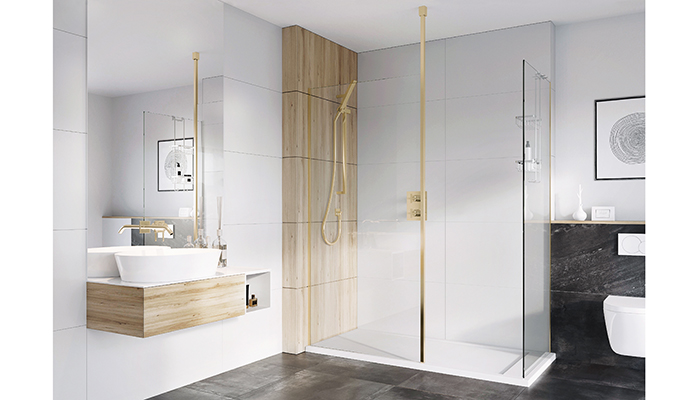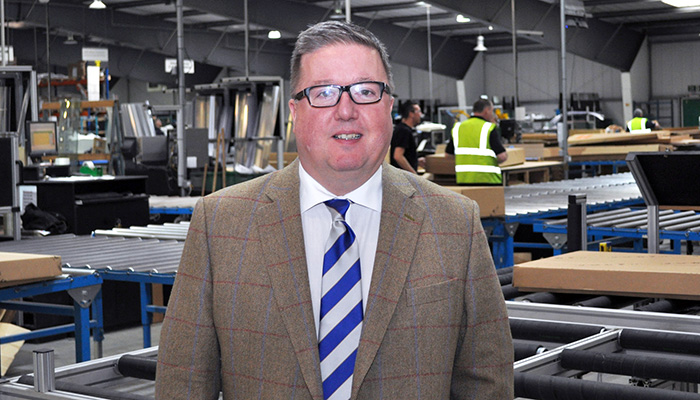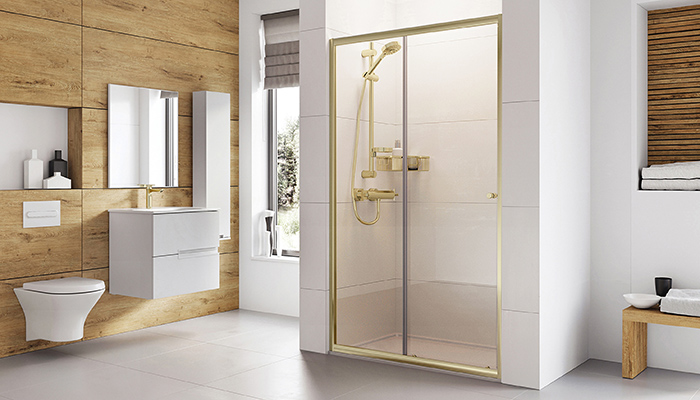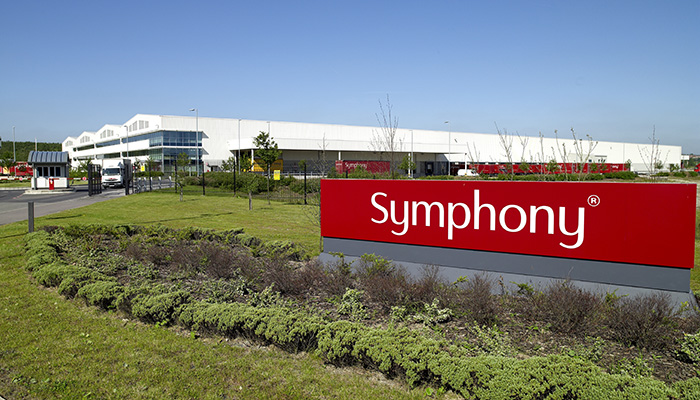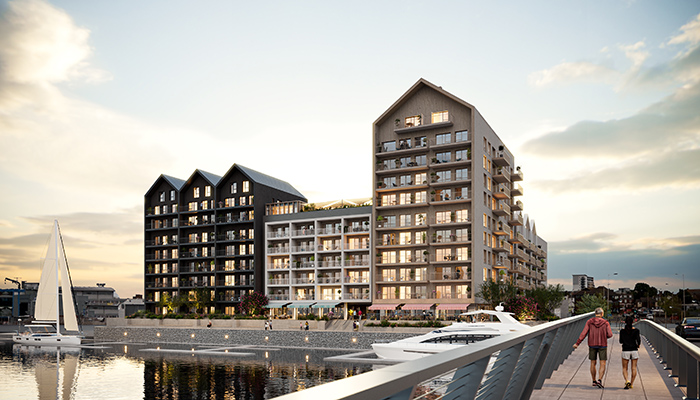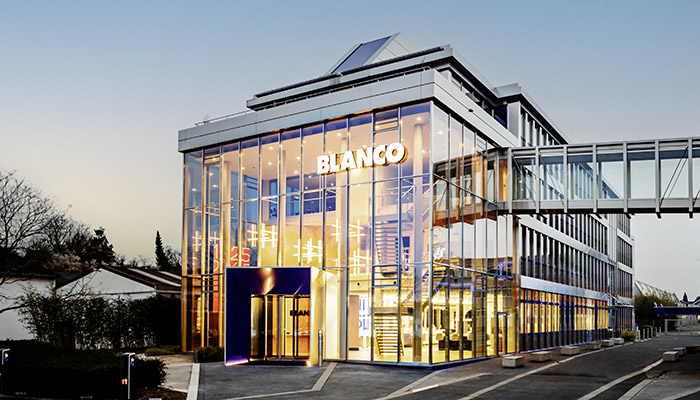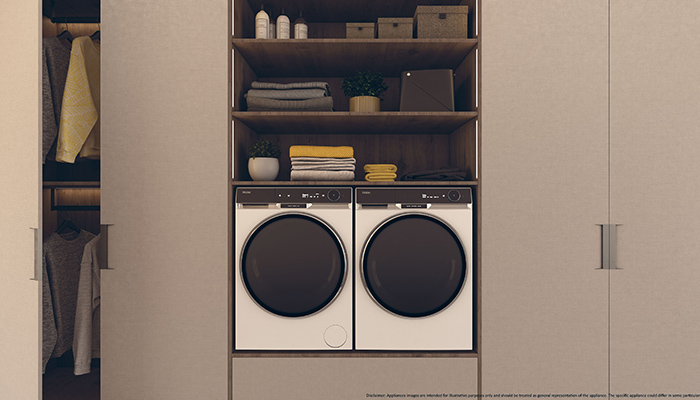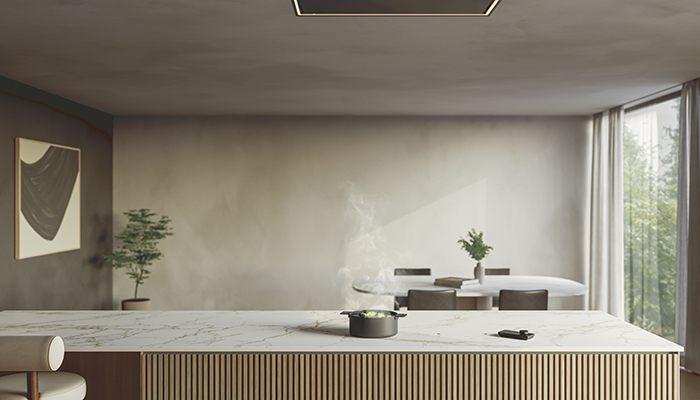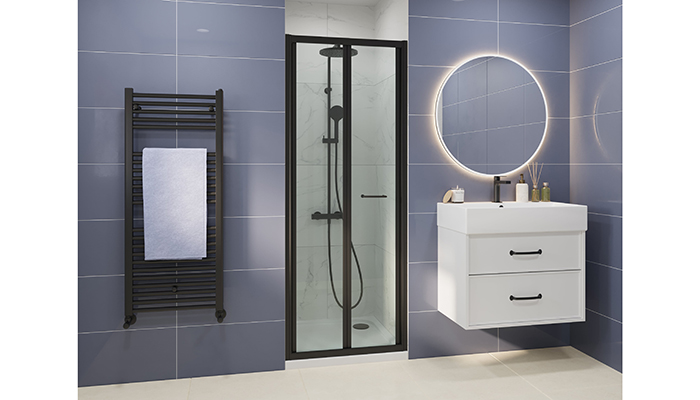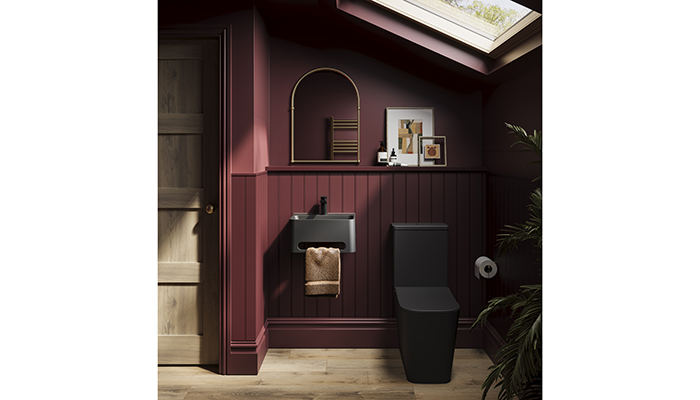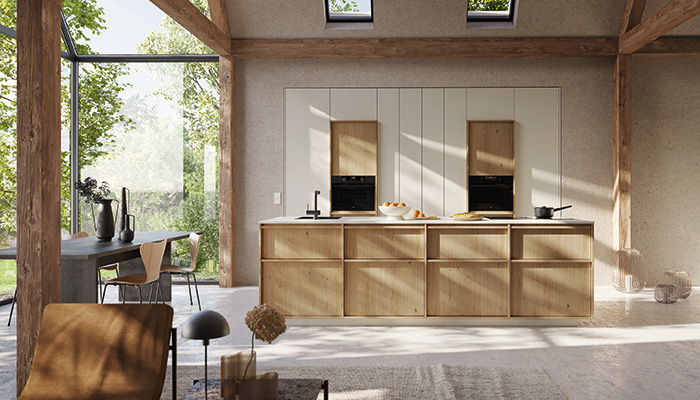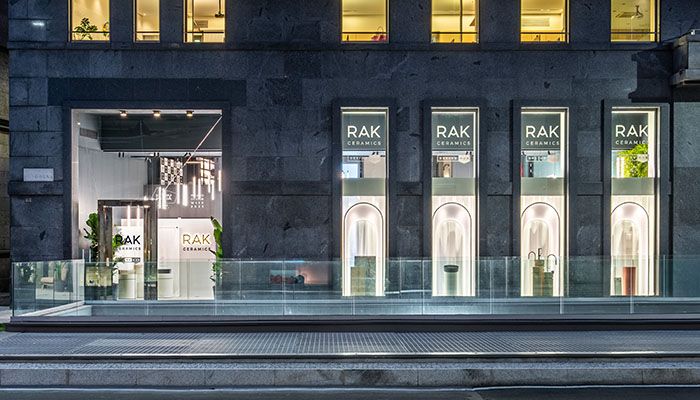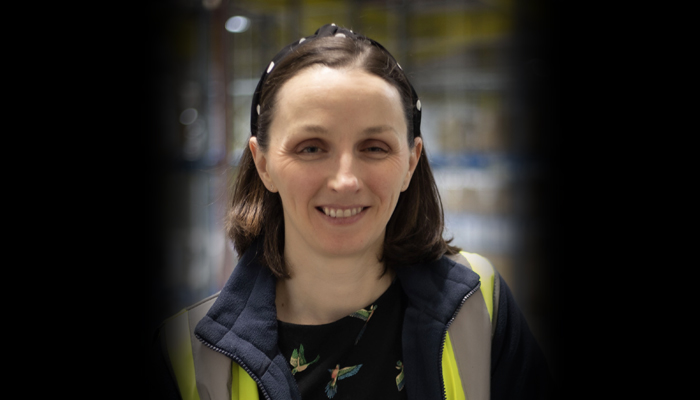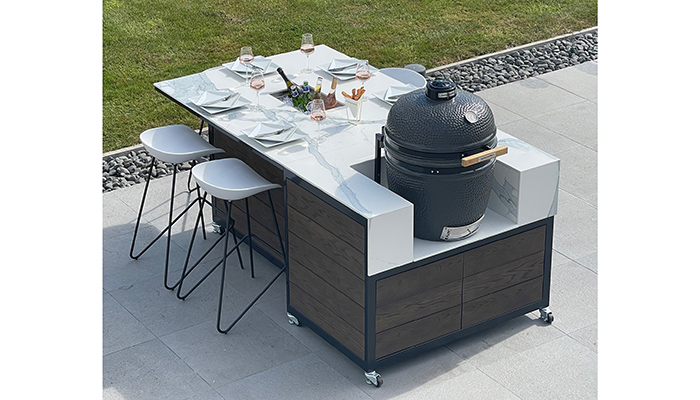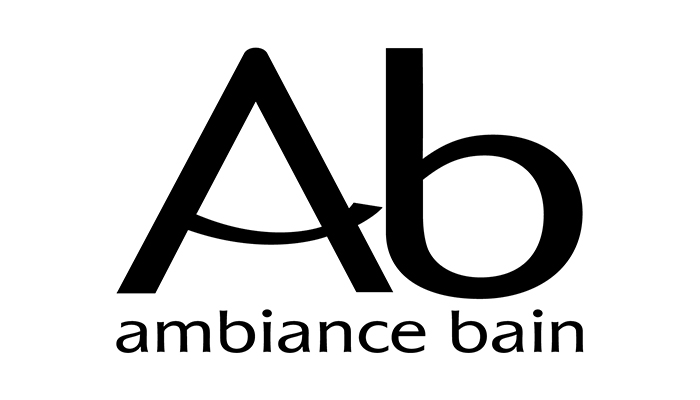We've seen a lot of change over the past couple of years – and there's more on the horizon, says Roman CEO David Osborne. It's time to reassess where we source our products.
What a last two and a half years. Just as we think that we are through the most testing times of our lives and careers, more is yet to come. Everyone from an independent showroom; to a national merchant; to an importer; to a global manufacturer is studying one key thing – their supply chain. Disruption has been to the forefront and it is set to continue in new forms…
Covid posed obvious challenges and supply chains were pushed to the limit to offer any form of continuity. Since then global shipping costs rose by up to 800% and remain stubbornly high. Just as you see a downward trend, then Felixstowe goes on strike – and not seemingly set to be a one off. We talk about energy costs here endlessly in the media, but globally the picture is more complicated. China has huge and varied energy problems – most recently droughts causing hydroelectric power to dry up. Bathrooms products are big power users when you consider kilns, furnaces and extrusion presses.
Then factor in one of our current buzzwords – sustainability. This now looks set to manifest itself in the form of Carbon Taxes in the UK over coming years. Ultimately, any government knows that behaviour change is driven by taxation and not good intentions. In the UK and Europe, we can now essentially measure anything in our products or processes – and target improvement. Imported finished goods cannot be treated the same. In terms of environmental credentials and sustainability, if you have no idea in which city in China a product has even been made, how can the same measurement be applied?
However, beyond purely environmental considerations, is it sustainable for us economically to base supply chains around simply importing finished goods, which offer no provenance; often dubious testing; and certainly no Plan B when the supply chain is disrupted? Whilst China has been cheap for a long time, that is now not universally the case. Many Far East imported goods are now so inflated by these extra costs that they are now the same cost (or higher) than UK or European alternatives. Is there the same value in the now inflated, previously “low cost” import?
Moreover, as an economy, the UK must add value and create jobs. Very clearly moving boxes around in a warehouse adds little to “UK plc” in terms of jobs when in comparison to manufacturing. Then factor in what is going on in UK politics and world geo-politics. Surely we can add more control and certainty here?
Anyone who knows Roman knows that we are passionate UK manufacturers. We have long been leading the industry in Sustainability and the Circular Economy – and we are Carbon Neutral. These are huge considerations for the International Hotel groups – almost a pre-requisite to work closely. We are very proud to have just received our second Queen’s Award for International Trade and we have currently exported to 72 countries.
Much of our design inspiration now comes from the Hotel sector and we try to channel these trends into retail. We currently now offer 16 metal finishes into the UK retail market and we know that this creates clear differentiation from competitors who could only feasibly import a fraction. We have just been launching stunning soft-close systems, which offer a genuine breakthrough in our sector. This investment is not about price – but is wholly based around a value proposition. When you now assess the real value of what a brand can offer, we think the global tide has clearly changed…
